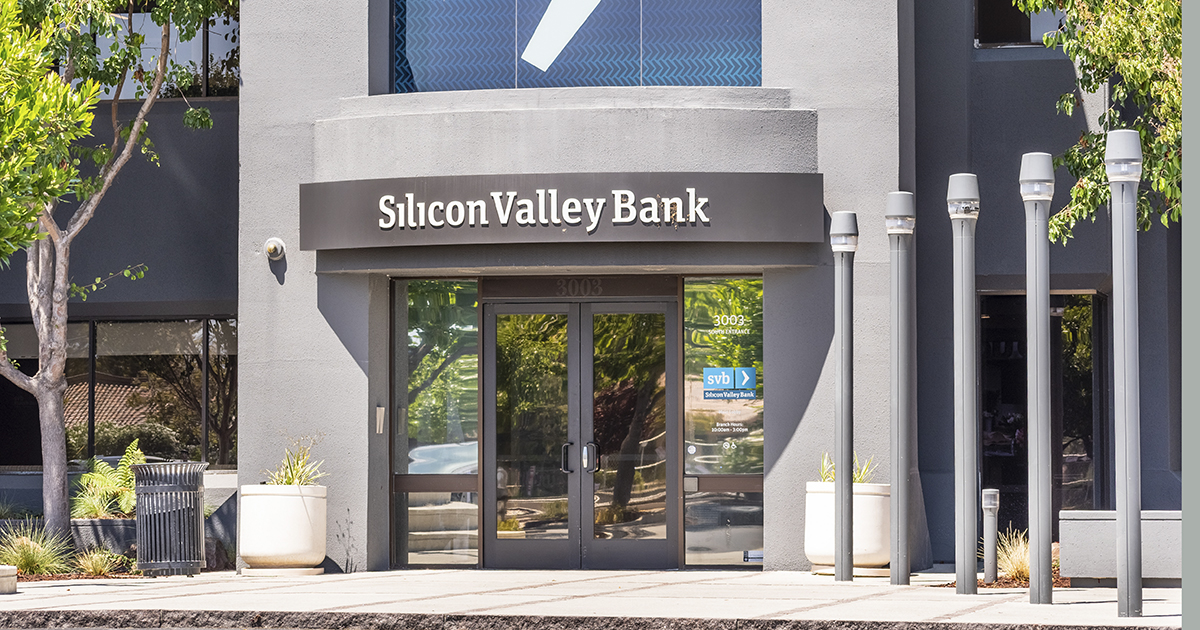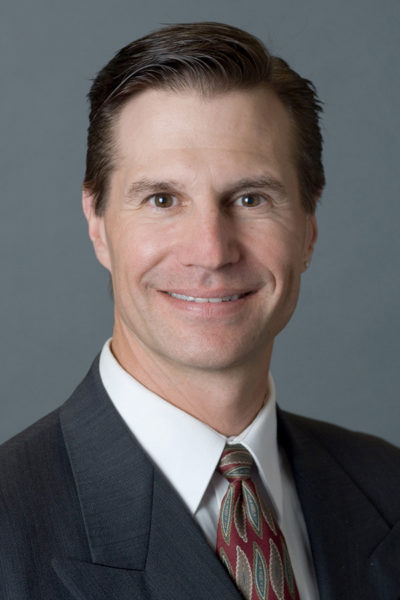What the Silicon Valley Bank Collapse Teaches Entrepreneurs

The collapse of Silicon Valley Bank (SVB) has sent shockwaves through the technology industry, rattling veteran finance capitalists and entrepreneurs in an episode that could impact the financing of startups for years to come.

Michael Goldstein, the Donald P. Babson Professor of Applied Investments in Babson’s Master of Science in Finance program
But, the second-largest bank failure in U.S. history also offers lessons for entrepreneurs seeking to start their own ventures, according to Babson College faculty experts.
“Bank closures are not good for anyone, but particularly for small businesses that rely on their deposits for payroll and to meet basic expenses,” Finance Professor Michael Goldstein said. “Startups are generally cash constrained, and so disruptions to their cash flows like a bank closure hits startups particularly hard. For startups, short-term disruptions from bank closures, even if it is only for a few days, can put them out of business.”
Goldstein, also the Donald P. Babson Professor of Applied Investments in Babson’s Master of Science in Finance program, suggests that entrepreneurs keep their money in several banks to ensure they don’t find themselves in the same situation. The Federal Deposit Insurance Corporation (FDIC) insures bank accounts up to $250,000, but anything over that amount is at risk if the bank closes.
SVB lenders, however, asked many startups to sign exclusivity clauses, something that left those businesses in a vulnerable position.
Safety in Sweep Accounts
Jerome Taillard, professor of finance at Babson, said there are other beneficial options for entrepreneurs when it comes to banking.

Jerome Taillard, professor of finance at Babson College
“There are ‘sweep’ accounts for those lucky enough to have more than $250K in cash,” Taillard said. “These accounts can spread the funds across multiple accounts up to the limit of $250K and invest the excess above the threshold in money market funds that typically invest in ultra-safe, very short-term U.S. government debt instruments. So there are ways to be very well protected, even above the threshold.”
SVB became a tech mainstay during its 40 years of service, offering loans and credit lines to nearly half of all venture-backed tech startups. But, SVB also took on many companies deemed too risky for traditional lenders.
“Tech companies tend to raise a lot of money, roughly 18 to 24 months’ worth of cash, and then deposit it in banks and draw it down over time until they can replenish it again,” Goldstein said. “Unfortunately, the last year or so has been very tough on tech, with stock prices going down and many layoffs. Tech companies all had to draw down deposits instead of accessing the stock market for more cash.”
‘Earn What You Deserve’
Other tips for new startups include employing a solid chief financial officer, and to run operations using revenues from customers as much as possible, instead of spending down venture capital cash.
The U.S. government’s promise to make SVB customers whole has worked to stave off a larger banking panic, said Goldstein.
“This is kind of a temporary blip in terms of the banking sector,” Goldstein said.
“The last year or so has been very tough on tech, with stock prices going down and many layoffs. Tech companies all had to draw down deposits instead of accessing the stock market for more cash.”
Michael Goldstein, Babson Professor of Finance
Still, entrepreneurs can never be too careful when it comes to choosing a bank.
“Look for banks that actually pay closer to current interest rates on the deposits,” Taillard said. “Make sure you earn what you deserve. The added bonus is that the banks that pay higher rates on their deposit are less prone to fleeing customers.”
Posted in Insights




